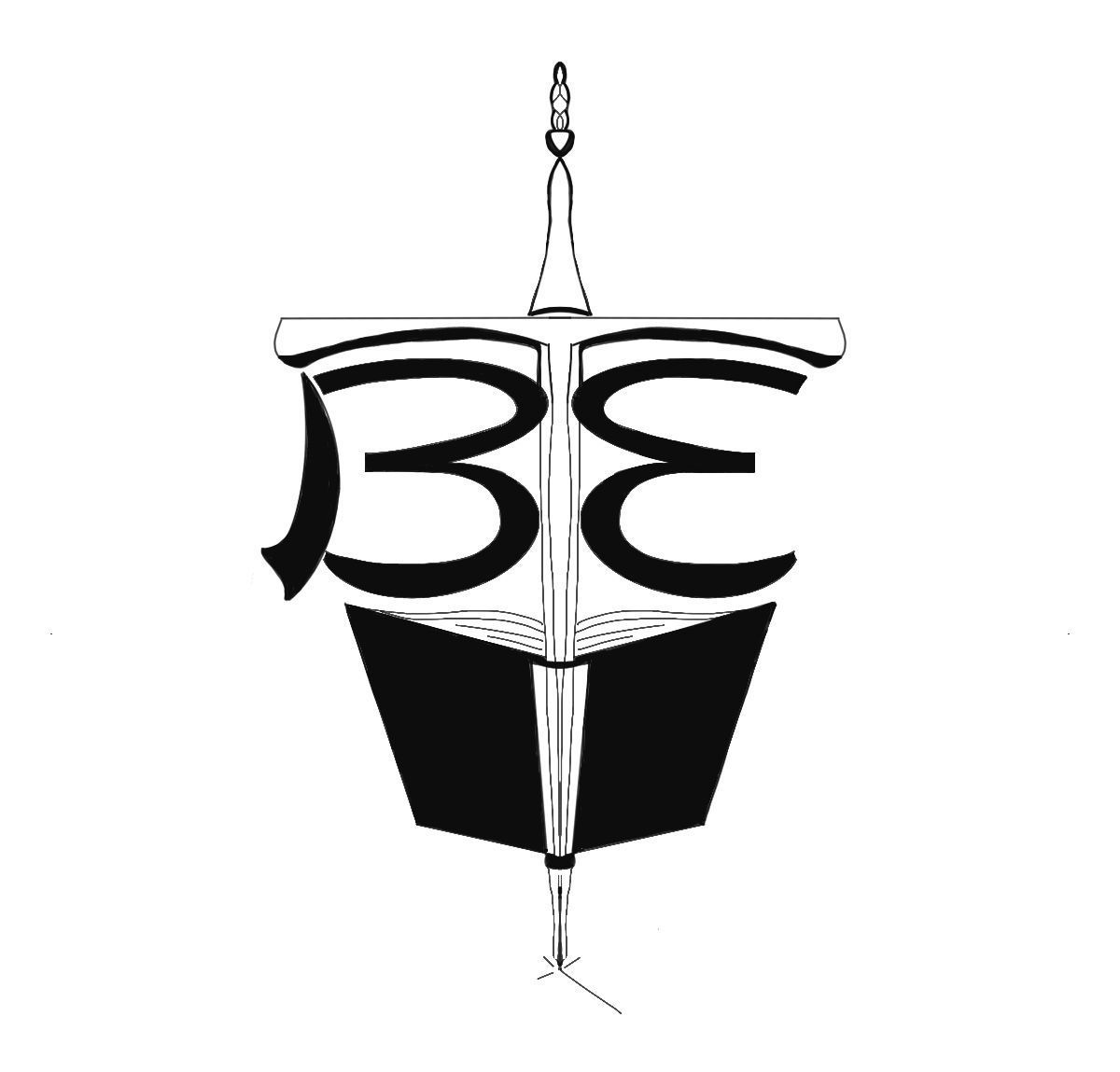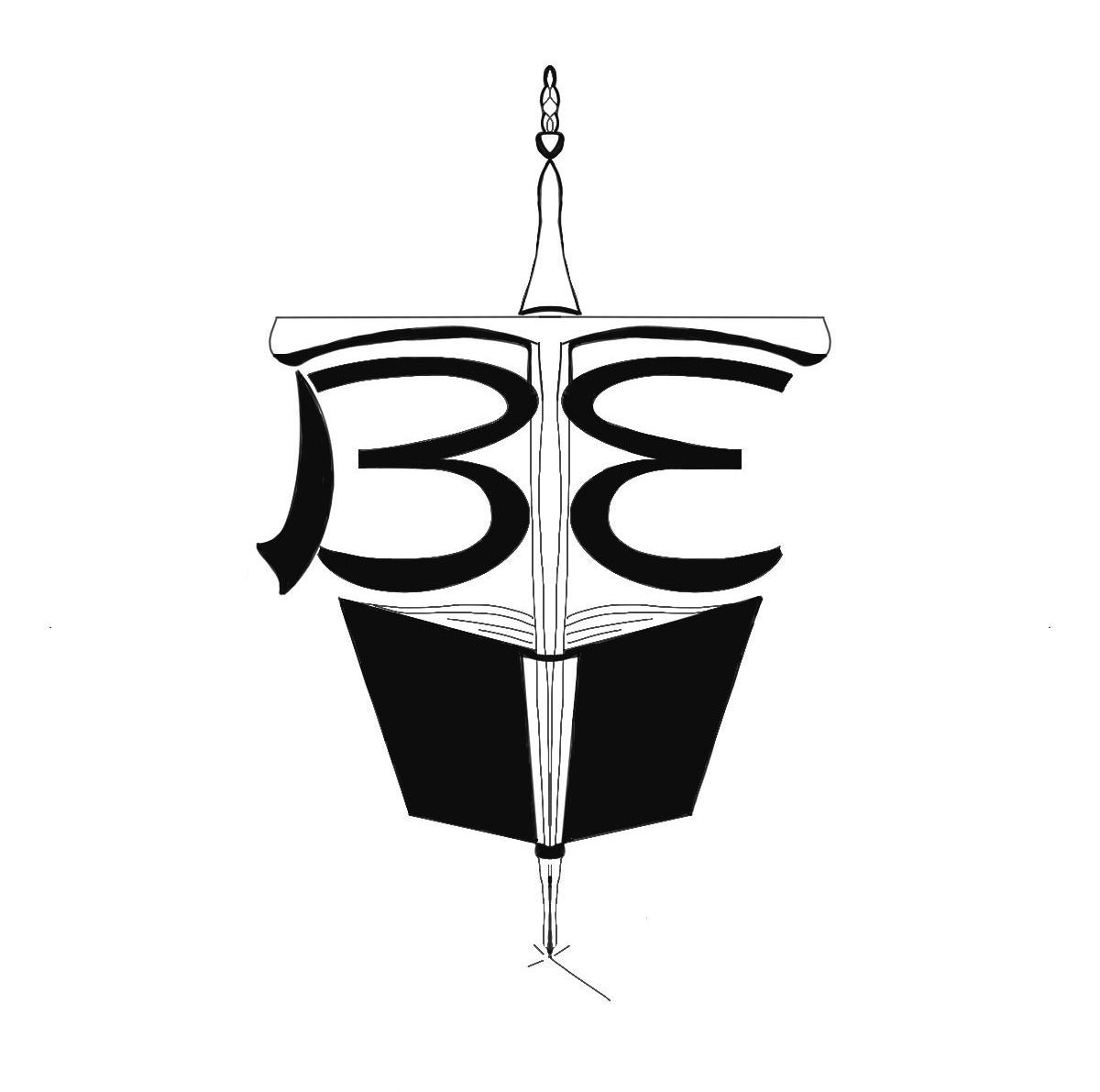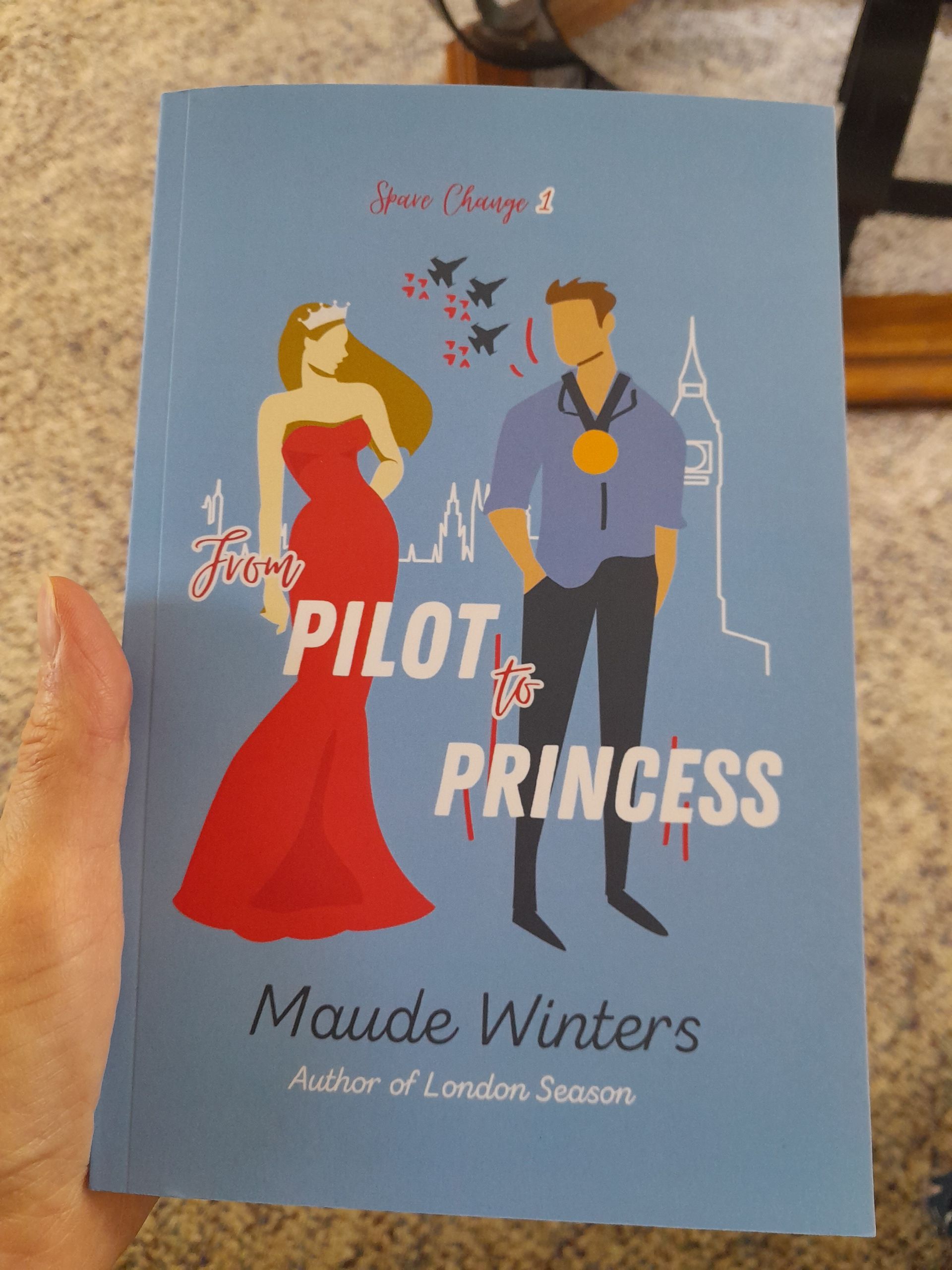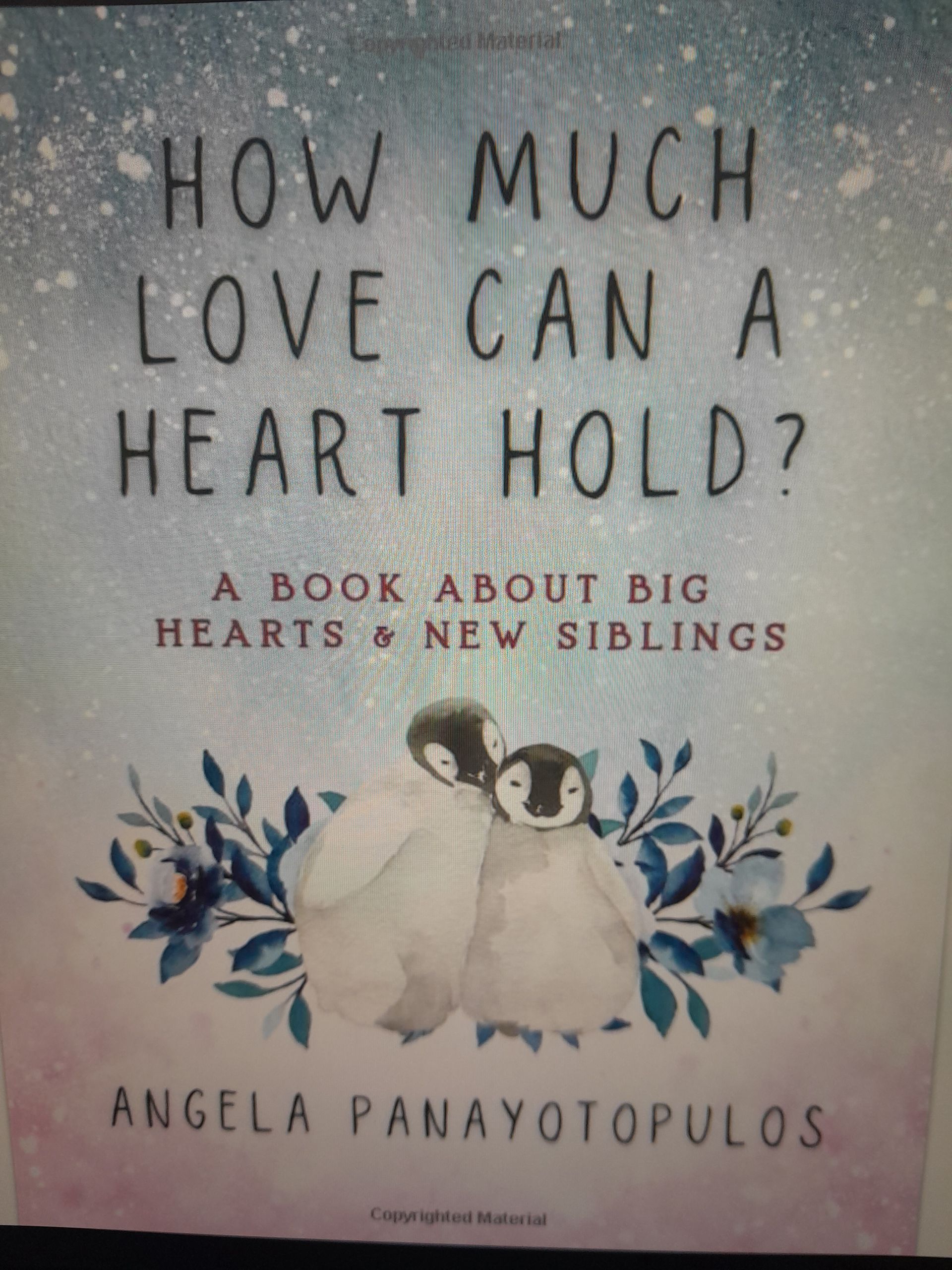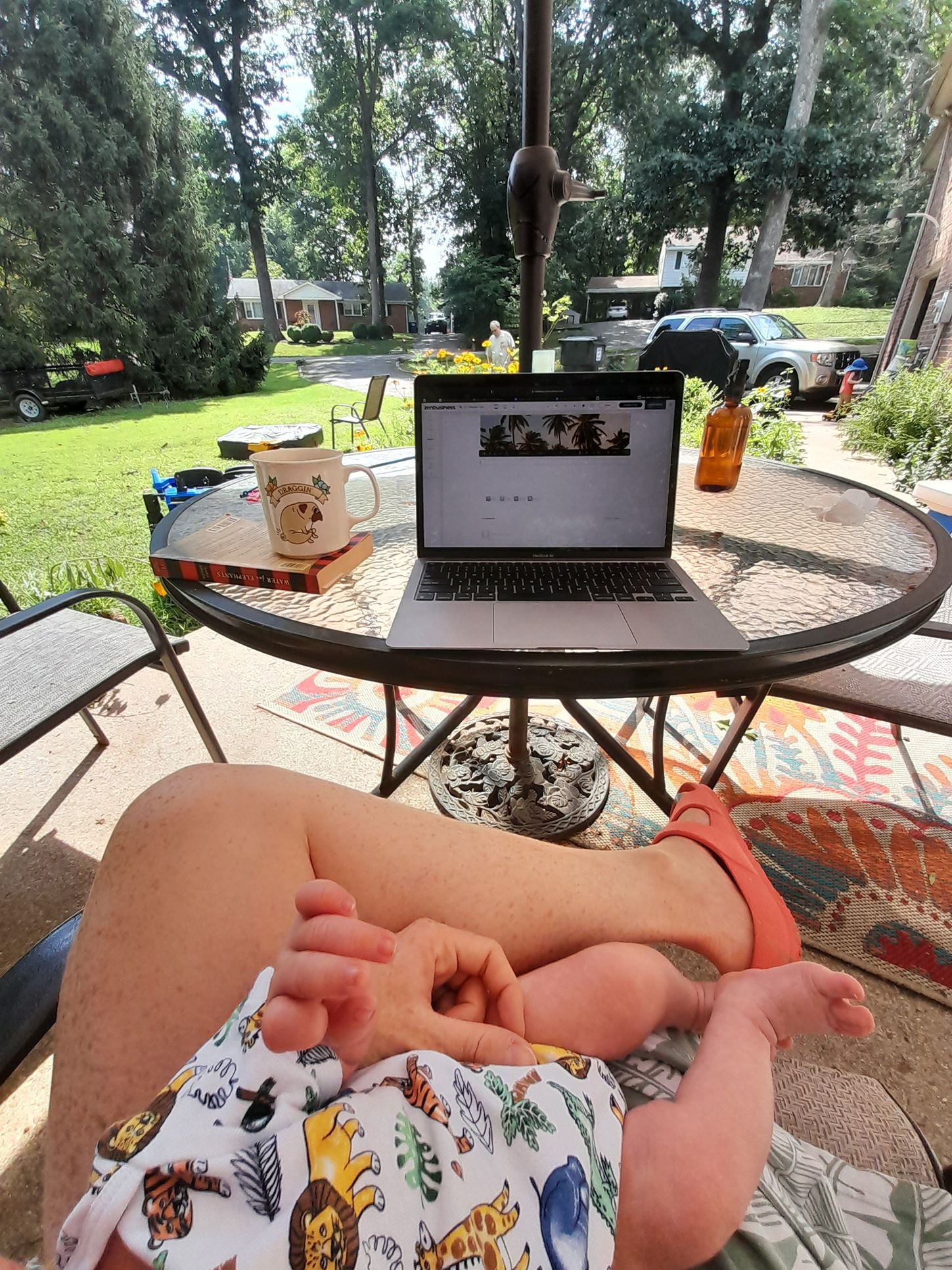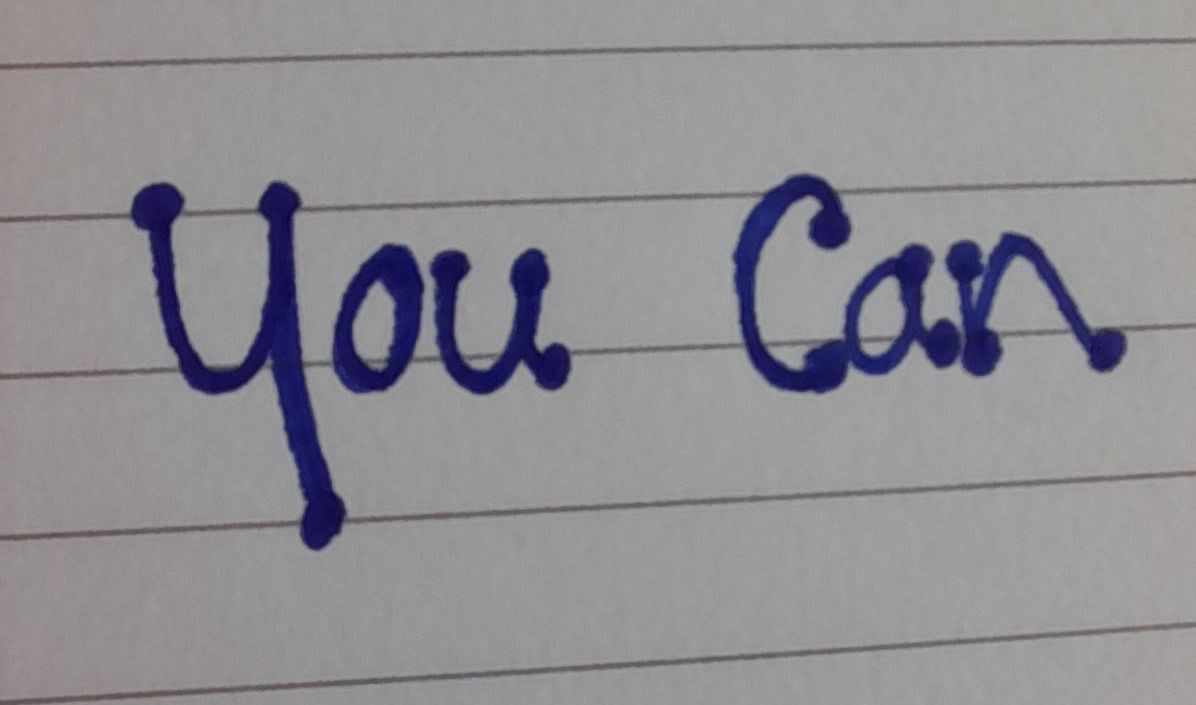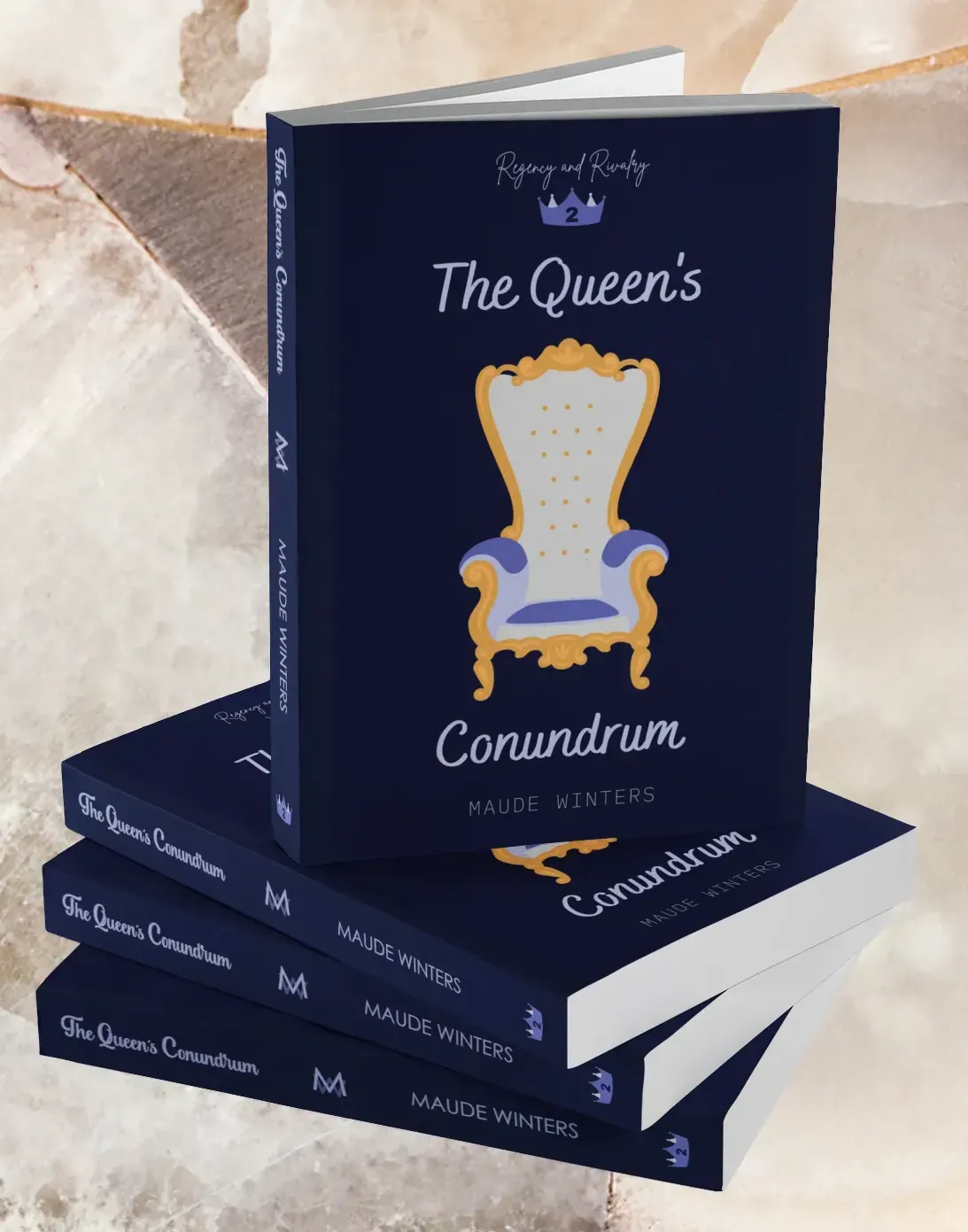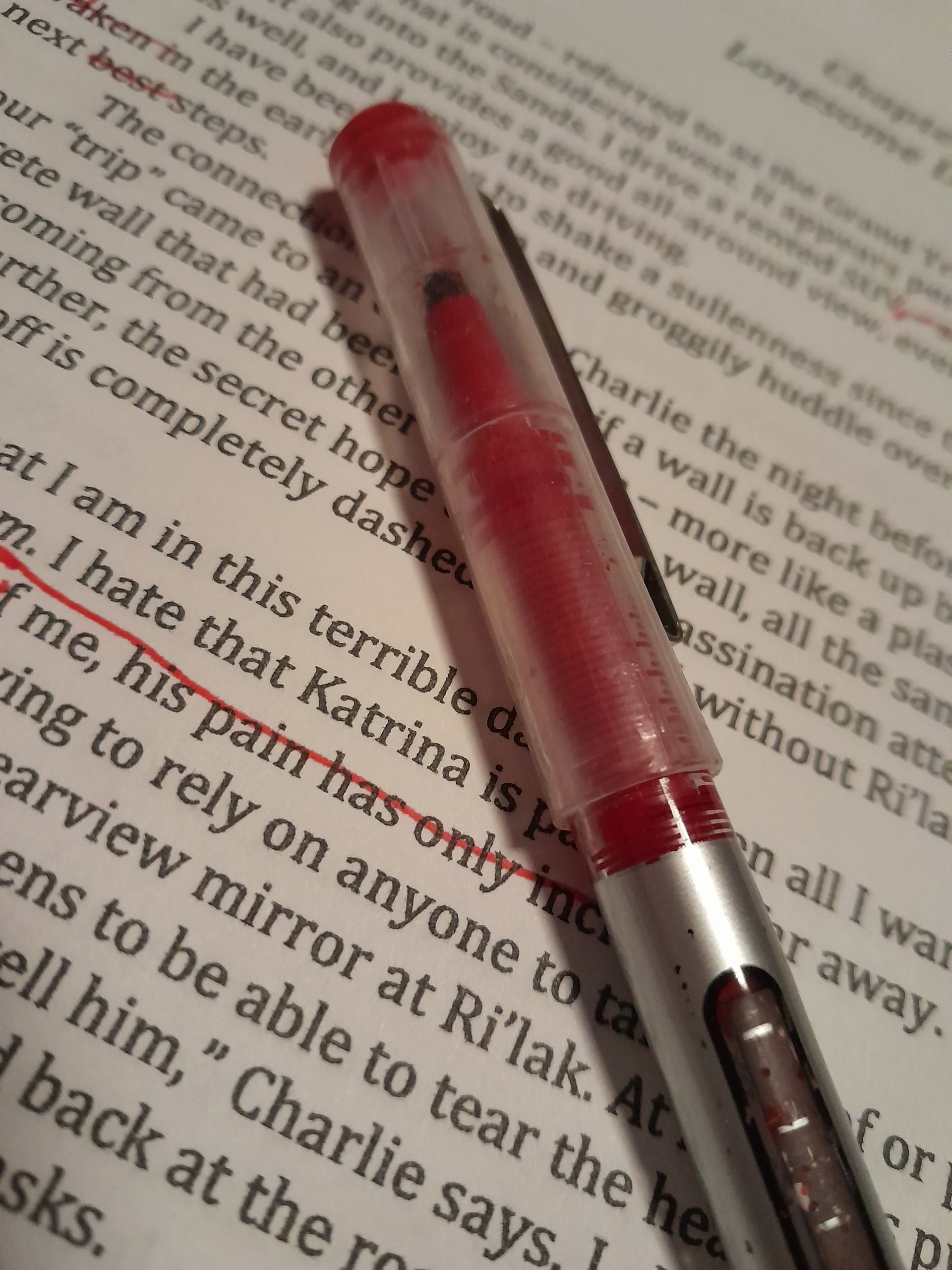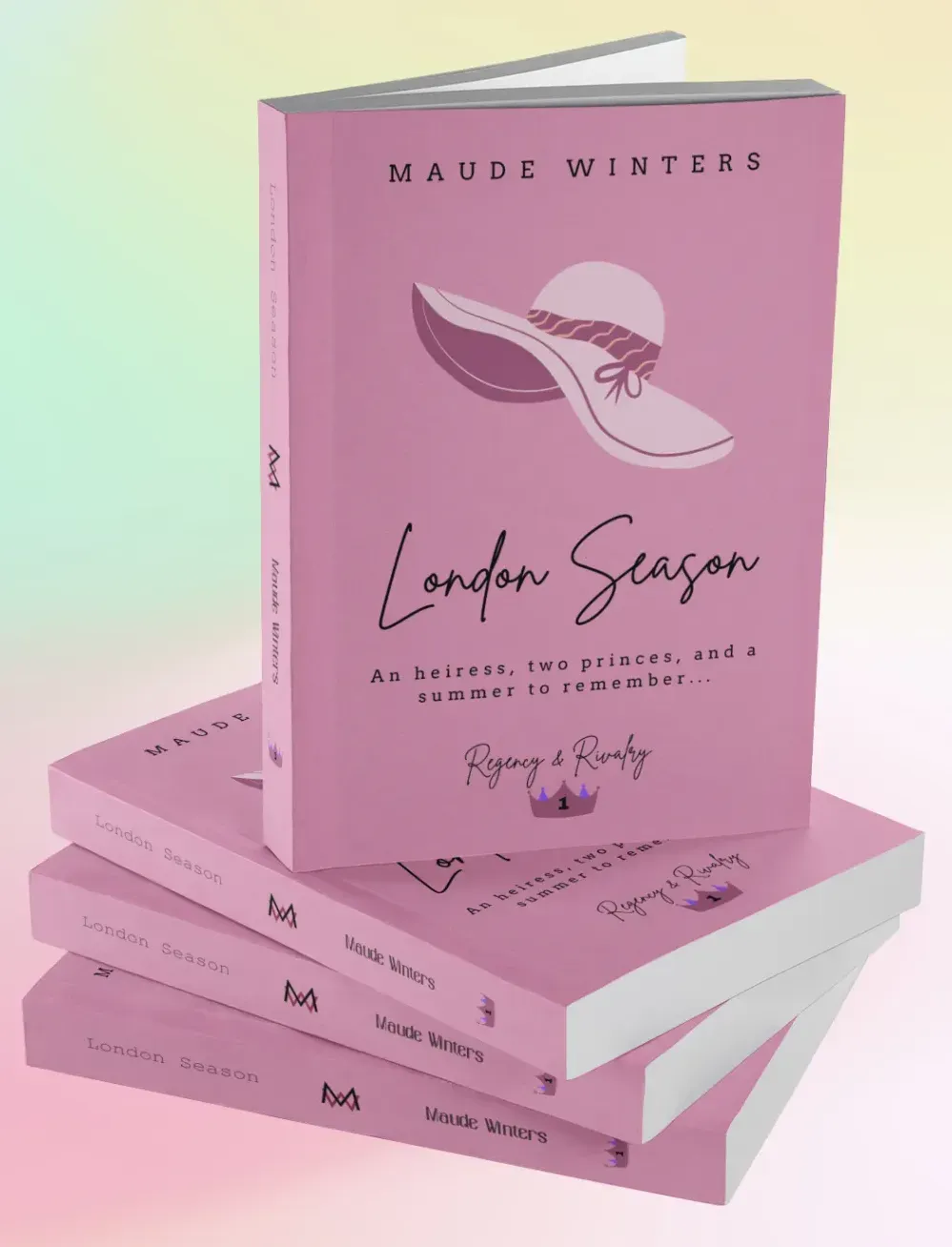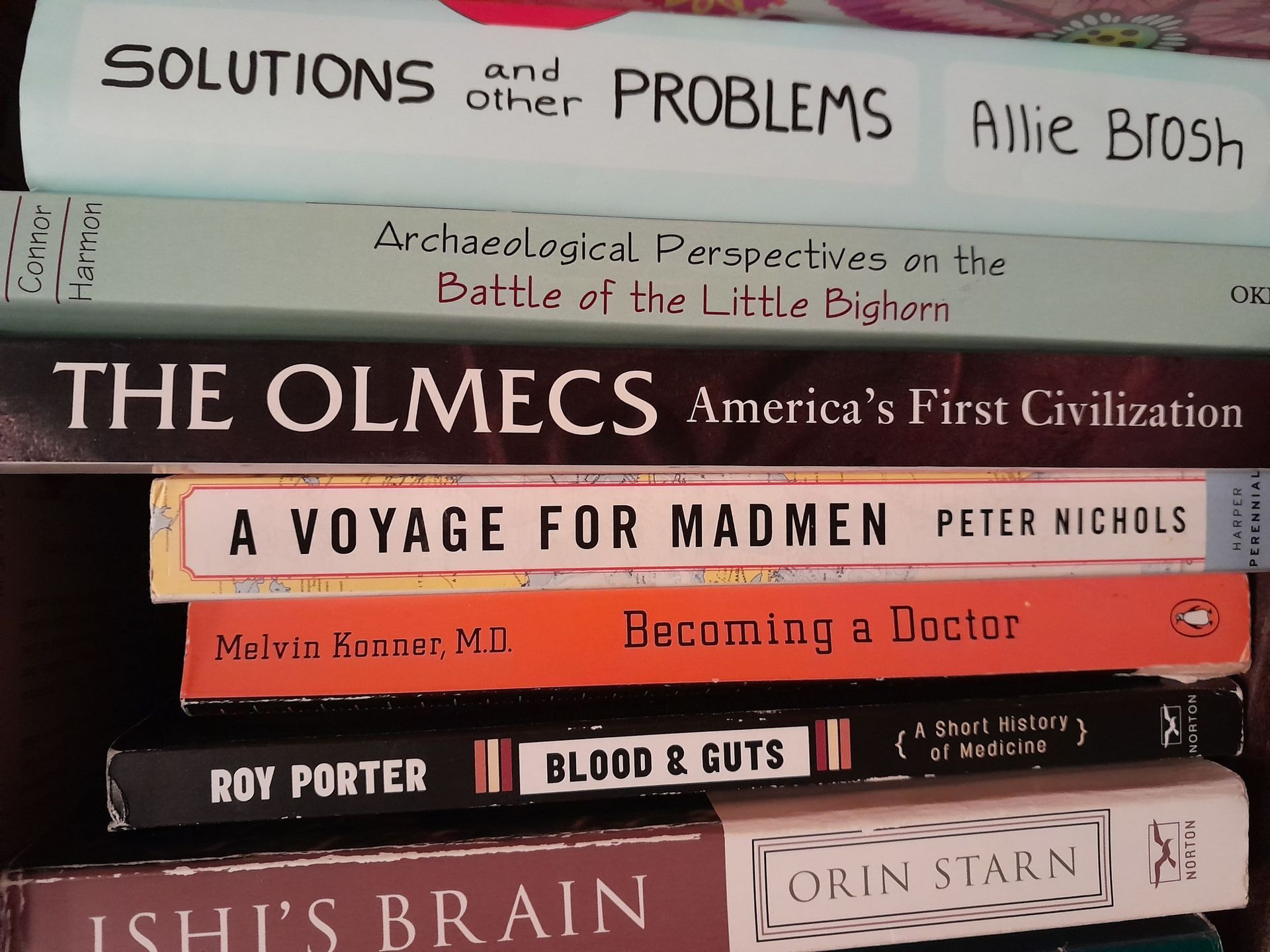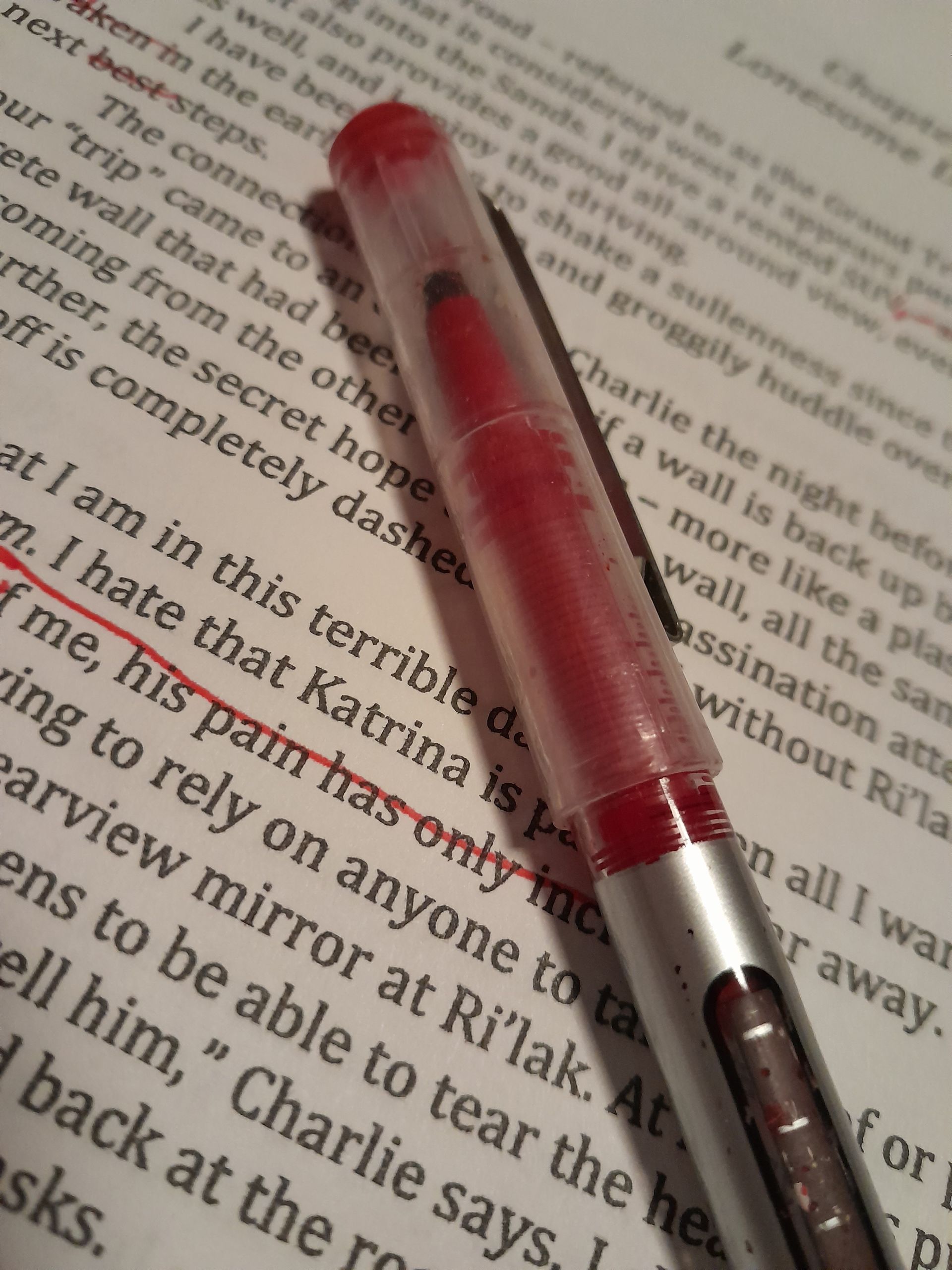Read & Review: Kelsang Pawo's A Perfect Harvest
A Reflective Autobiography Everyone Should Read
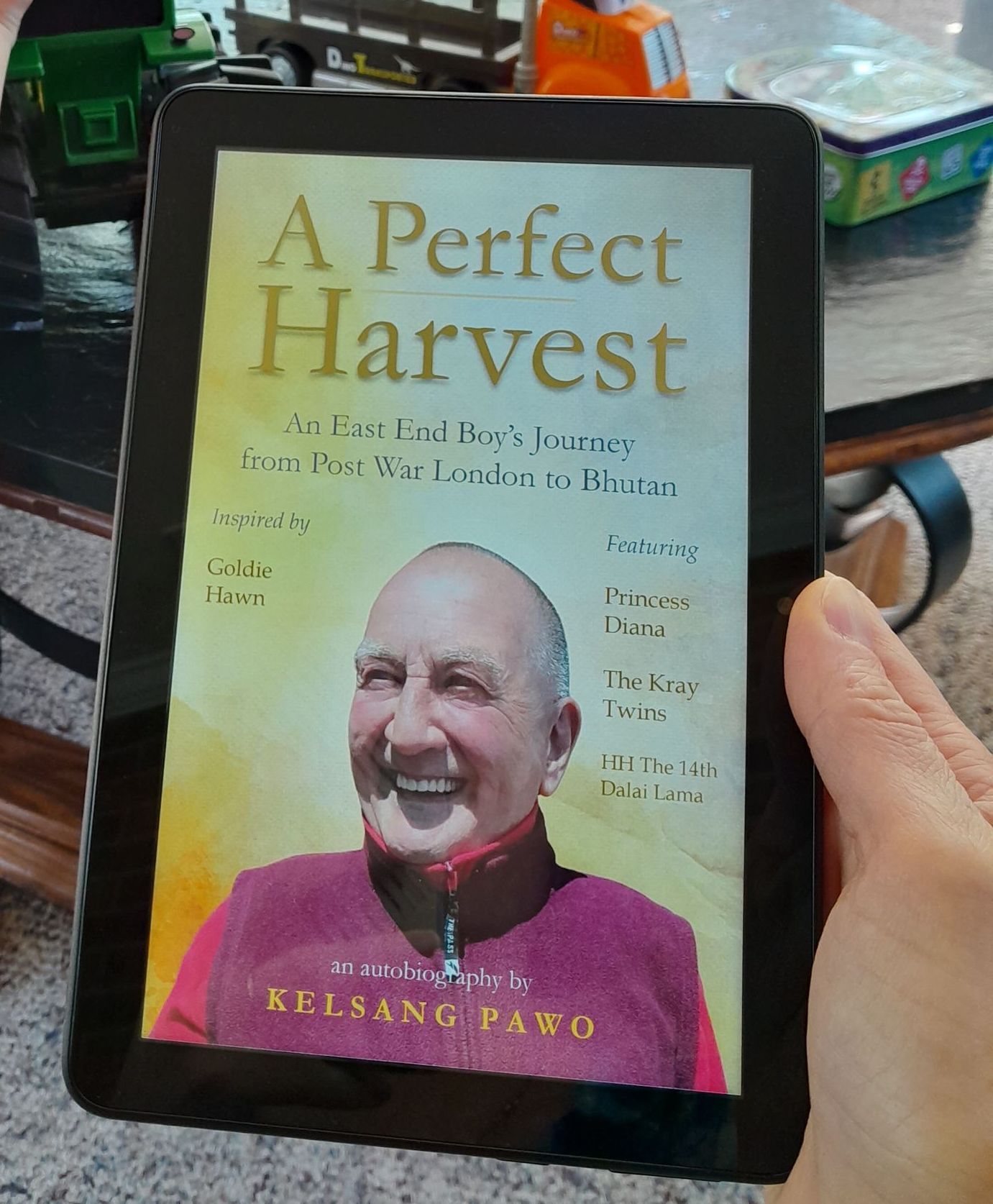
I recently wrote a post about how fickle I am when it comes to nonfiction. I mentioned that I have a particularly hard time reading and finishing biographies, usually hitting a point where I just don't care anymore, and I put the book down and never come back to it. However, I recently discovered Kelsang Pawo's A Perfect Harvest: An East End Boy's Journey from Post War London to Bhutan. What a pleasure it was to read!
Pawo's book is not like your typical autobiography. Grab a cup of coffee (he himself clearly loves a good cup) and sit down with his book. It is a quick and easy read, while also being profound and thought-provoking. As you read you will feel you are sitting with him, and he is simply conversing with you about his life as topics come up: about that time he got arrested in Africa or almost got eaten by sharks or spent quality time with Goldie Hawn.
It is not clearly linear; it does not follow an obvious time table like many biographies. You won't know how long Pawo was a sailor, or when/how his parents died, or how long he spent back in London after his first trip to the Himalayas. Pawo does not live his life by a watch or time table (clearly, as he misses his ship once...he was too busy exploring!). So do not expect that from him. I find this is part of what makes his work so incredibly readable though. You do not get bogged down in relatively unnecessary details. You get the big picture, the great stories, and the lessons from a life well lived.
Pawo is such a likable and relatable person from the start. I so appreciate how he gives voice to the thoughts that have struck him throughout his life, including those negative thoughts that pop into all of our minds, even if we never voice them. We have all had the experience of terrible thoughts popping into our head followed by the profound feeling of guilt that occurs afterwards. Pawo puzzles over this: where do such thoughts come from, despite having such an open mind? His observations of life and living are simple and wise. A few golden snippets as examples:
"Later in life, I was to realise that confidence in oneself is a good thing, but it is healthy if that confidence is tempered with a good dose of humility. A bit of give and take. I am sure that I displayed too much impatience and a lack of understanding of the ways and habits of others."
"We all had to get on with change and simply see the good side that is inevitably secreted in every moving moment, just as everybody in the world must learn to do the same."
"I was to realise later, when in the East, that a truly peaceful mind reigned despite outer conditions and not due to them. Peace is an inner thing. It is the fruit that appears from the virtuous practise of wisdom and compassion."
These are the kinds of things I want from an autobiography: what has a person learned throughout their life? There is so much value in that, and Pawo does not hesitate to offer up his learnings. He discovers his own faults and deals with those, from obsessive counting to the western way of impatience.
I also have to commend Pawo for his descriptive prowess. With the simplest of words Pawo can paint an incredibly vivid picture. I can see so clearly, from his descriptions: how a school of fish looked as the sun hit their scales, what it was like meeting the eye of a whale (I had a similar experience meeting the eyes of a cow in Dhaka, so I personally valued his descriptions here), the aura of the Khempo sitting on a rock, the unrivaled beauty of the Himalayas and their people.
Oh and the people! Not only can Pawo provide simple yet vivid visual descriptions, his way of describing and explaining people makes just about everyone relatable. Even when he expresses his own dislike for someone (those thieving Liverpoolians on that first ship, for example), his own negative experience sits within a great deal of empathy. He truly understands people, even when they infuriate or puzzle him. He illustrates their character - the truths of their personhood - so beautifully. He expresses what he learned from every person who he ran across in life, from those who hurt him to those who loved him to those who simply bumped into him for a few hours. This is an incredibly useful perspective I wish we all had. How beneficial would it be to be able to see with such clarity how significant each person in your life is and all the things you can learn from them?
You will not finish Pawo's book knowing everything about his life. In fact, you will probably have questions you'd like to ask him about his family, how he made his living throughout his life, what he had to go through to become a Buddhist monk, what he is doing now, etc. I found the unanswered questions and the lost details to be beside the point. It isn't necessary to know these things. Pawo offers up his journey as he sees it in a conversational, readable tone, that simply makes you want to spend more time with him.
Pawo himself writes, "Books are so very important, are they not? They have the power to guide and motivate. Maybe not the whole book will do this, but just a phrase or a few words within each of them that resonate and inspire."
A Perfect Harvest does this with ease and beautiful simplicity. Read it. You won't regret it.
